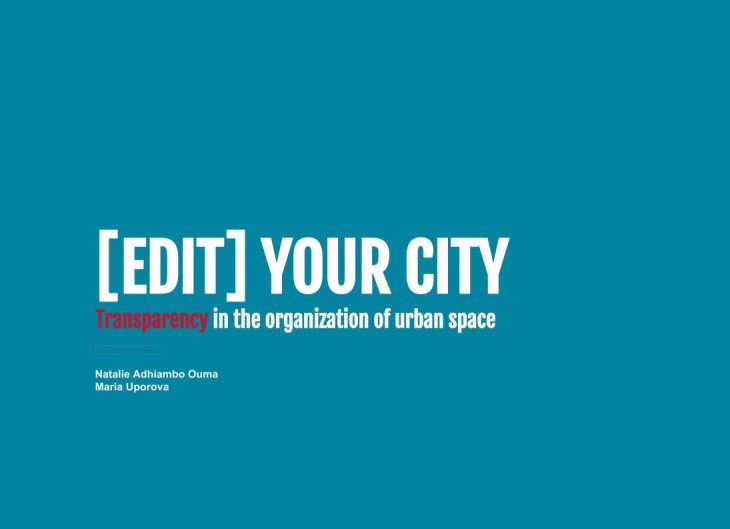
According to the Global Charter Agenda for Human Rights in the city, the right to the city appears as the first articles seamingly a clear nod to its importance. It is in this regard that we decided to focus on section C: ”All city inhabitants have the right to participate in the configuration and coordination of territory as a basic space and foundation for peaceful life and coexistence.Our goal is to create transparency and choice in the configuration of urban space.
Today, the government decides what the city looks like and that’s a problem.This means that only projects which are in government interest get selected. For example in Moscow, the government sought to build a large hotel in a forested area against popular opinion on public land.
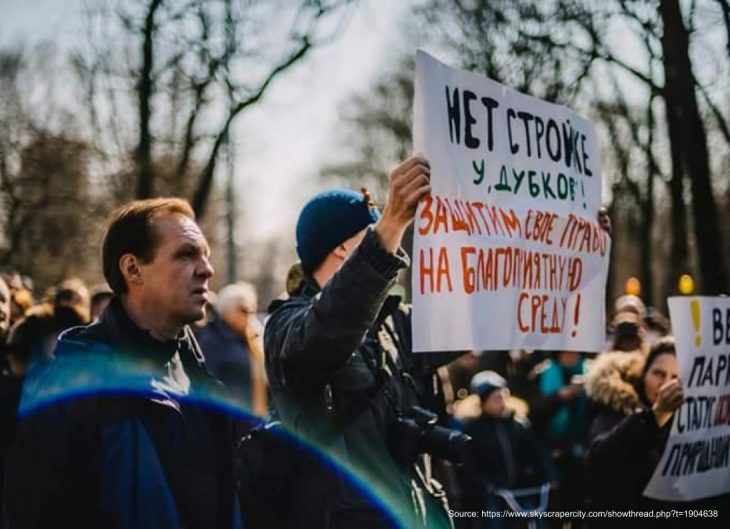
In 2015, hundreds of traders from Nairobi’s Woodley-Jamhuri Public Market protested the alleged grabbing of their market by a private developer. Additionally, a group of elementary school students went to the street to protest the erection of a brick wall around their playground.
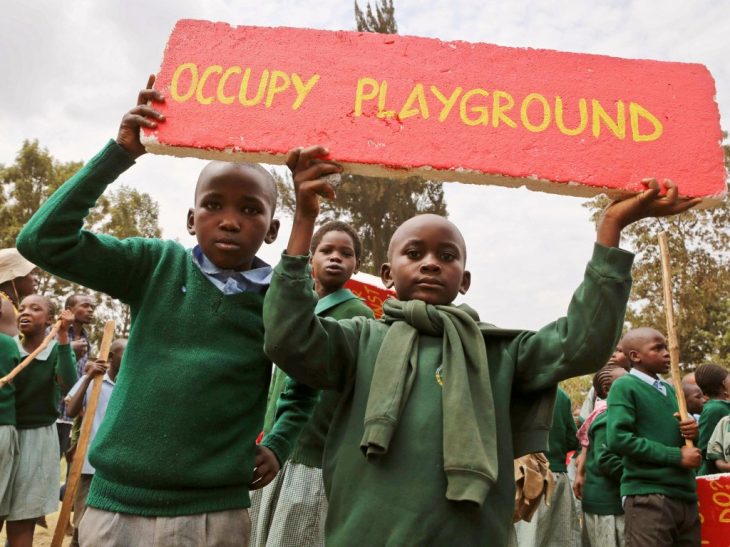
As witnessed above, projects on public land are given to private contractors with ulterior motives.This means that taxpayer money is not usually allocated where citizens want. Unfortunately, citizens don’t get to choose. But then have to pay for it.
What if this could change? We’ve asked ourselves the question – could we find out something new while looking at the city as if it were Wikipedia? In this way, the city could be edited by anyone.
Our solution is a bottom up approach, a platform that allows citizens to vote
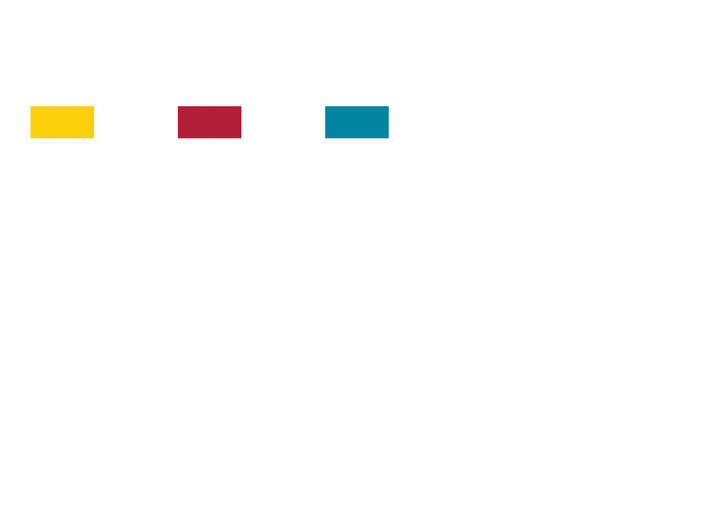
Why blockchain?
- Blockchain is suitable for an environment that is hostile – like favoritism
- When a database is necessary – identification of residents in that community and the project proposals
- You need no intermediary third party: taking government away from decision making process
- Need transaction to be public – to prevent corruption and fake voting
When you vote you get to decide where your taxes go.
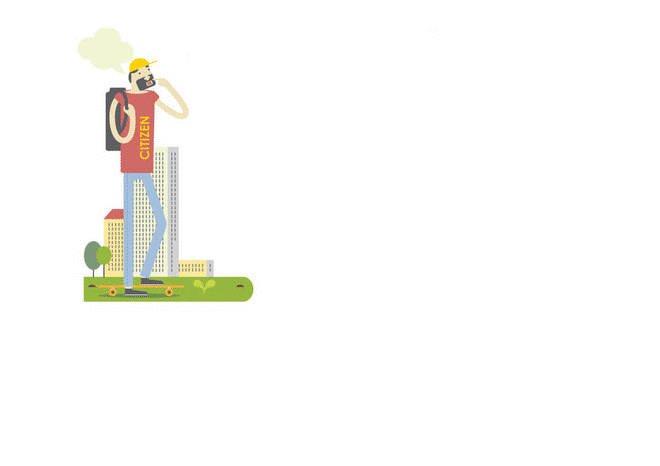
Blockchain tools:
- Shareholder Association
- Utility Token
- Payment token

Shareholder Association
- One Shareholder association per project site
- Proposal: Submitted by anyone
- Shareholders: Residents of the District
- Number of Proposals: Unlimited
- Minimum quorum: 50%
- Debating period time: 1-60 days
- Owner: Residents
Utility Token
- Attached to your identity as a resident in the city
- Distributed Database for Identification
- Token name: E-BRICK
- Initial supply: # residents in the district
- Receivers: Resident of district
Payment Token
- Token attached to your tax payment
- Token name: E-PAY
- Initial supply: # Residents that voted for winning project
- Receivers: Residents that voted for winning project
I get to choose and I pay for what I want.
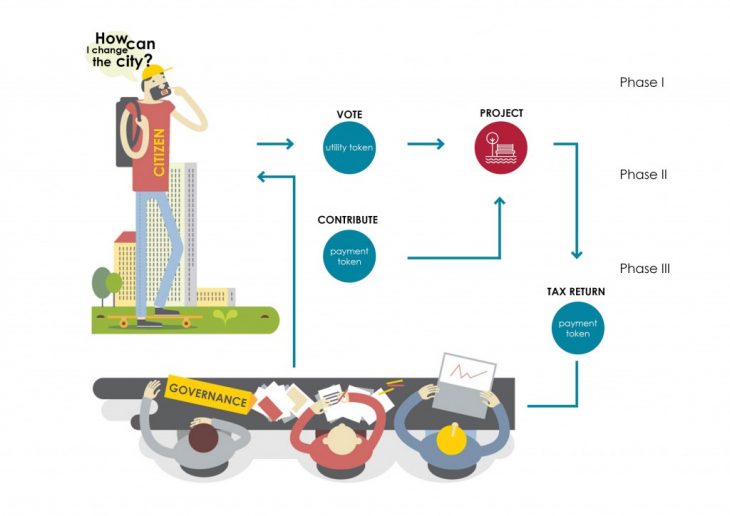
Edit your City is a project of IaaC, Institute for Advanced Architecture of Catalonia
developed at Master in City &Technology in (2018/2019) by:
Students: Natalie Adhiambo Ouma, Maria Uprova
Faculty: Lluïsa Marsal